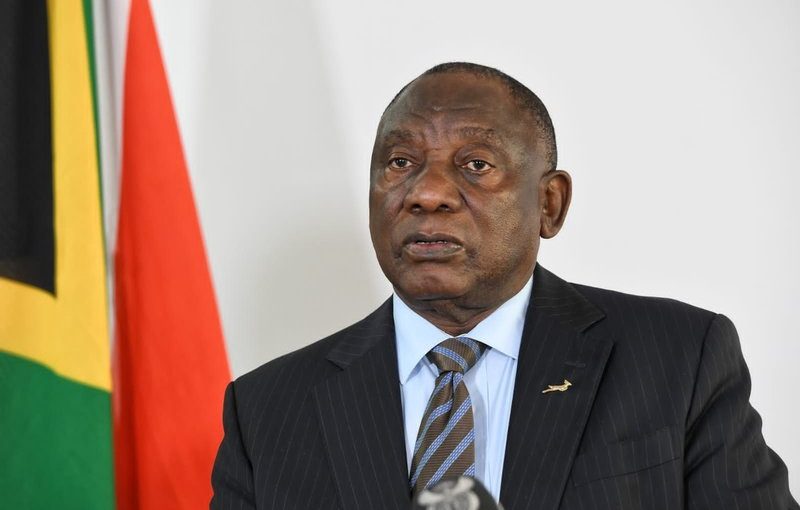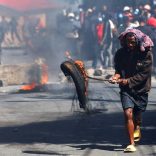South Africa stocks suffer $3.7 billion losing streak from foreign investors
South Africa’s Ramaphosa to lead HIV/AIDS Global Fund replenishment

File photo: GCIS
South Africa will lead the next refunding exercise for the Global Fund, raising money for the international partnership fighting AIDS after the US cut healthcare support to the continent.
Winnie Byanyima, executive director of the Joint United Nations Program on HIV/AIDS, announced South African President Cyril Ramaphosa’s agreement to take charge of the upcoming three-year funding cycle at a press conference in Johannesburg on Friday.
AIDS “is very much an African disease now, with 75% of people living with HIV being on this continent,” she told reporters.
“The Global Fund replenishment is critical and it’s great that South Africa has offered to lead that,” she said.
The Fund, an independent partnership where money mainly comes from public sector donors, plans to raise at least $18 billion as it launches its 2026-2028 fundraising cycle. Success of the exercise will be crucial for expanding efforts to combat HIV, tuberculosis and malaria, and to strengthen health systems.
As it is, a smaller amount of foreign aid means a plan to end the disease as a public health threat by 2030 “will get more and more off-track,” Byanyima said.
The replenishment is expected to happen in South Africa in September.
While poor African countries are working hard to fill the sudden gap created by President Donald Trump’s decision to halt US aid, they are going to have to do more with less, she said. There was also an urgent need to restructure their debts to cut debt-service costs that can be many times larger than their healthcare budgets, she added.
UNAIDS is also working with South Africa, the country with the largest number of people infected with HIV, to help it make better use of its resources and ensure that vital community-led monitoring programs aren’t lost.
“South Africa is a leader and the region itself has been making progress and can continue making progress in spite of the funding freeze by the American government,” Byanyima said.
But it “needs to move faster on reducing new infections,” and ensuring key at-risk communities including migrants, men who have sex with men, sex workers and drug users have appropriate services.












Leave a Reply
Be the First to Comment!
You must be logged in to post a comment.
You must be logged in to post a comment.